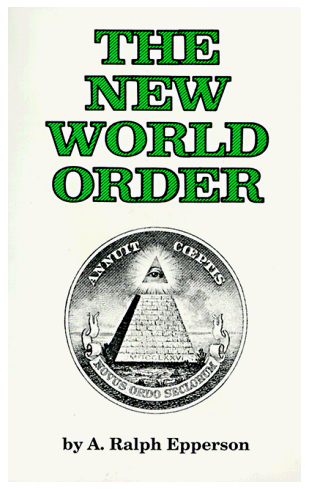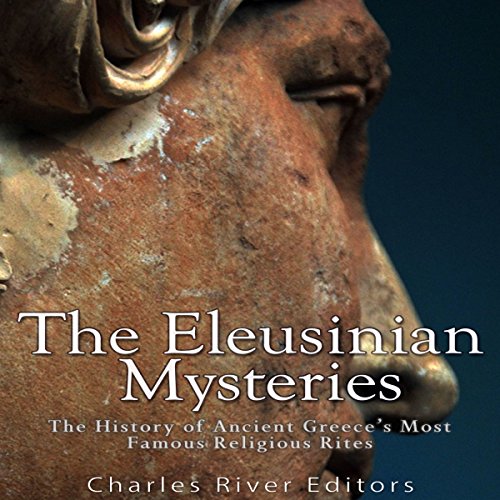The Antonine Plague: The History and Legacy of the Ancient Roman Empire's Worst Pandemic
ISBN: 9798617728646
*Includes pictures
*Includes excerpts of ancient accounts
*Includes a bibliography for further reading
*Includes a table of contents
“[A]s the reign of Marcus Aurelius forms a turning point in so many things, and above all in literature and art, I have no doubt that this crisis was brought about by that plague.... The ancient world never recovered from the blow inflicted on it by the plague which visited it in the reign of Marcus Aurelius.” - Barthold Georg Niebuhr
“The Five Good Emperors,” a reference to the five emperors who ruled the Roman Empire between 96 and 180 CE (Nerva, Trajan, Hadrian, Antoninus Pius, and Marcus Aurelius), was a term first coined by Machiavelli and later adopted and popularized by historian Edward Gibbon, who said that under these men, the Roman Empire “was governed by absolute power under the guidance of wisdom and virtue.” Machiavelli explained, “From the study of this history we may also learn how a good government is to be established; for while all the emperors who succeeded to the throne by birth, except Titus, were bad, all were good who succeeded by adoption, as in the case of the five from Nerva to Marcus. But as soon as the empire fell once more to the heirs by birth, its ruin recommenced…Titus, Nerva, Trajan, Hadrian, Antoninus, and Marcus had no need of praetorian cohorts, or of countless legions to guard them, but were defended by their own good lives, the good-will of their subjects, and the attachment of the senate.”
*Includes excerpts of ancient accounts
*Includes a bibliography for further reading
*Includes a table of contents
“[A]s the reign of Marcus Aurelius forms a turning point in so many things, and above all in literature and art, I have no doubt that this crisis was brought about by that plague.... The ancient world never recovered from the blow inflicted on it by the plague which visited it in the reign of Marcus Aurelius.” - Barthold Georg Niebuhr
“The Five Good Emperors,” a reference to the five emperors who ruled the Roman Empire between 96 and 180 CE (Nerva, Trajan, Hadrian, Antoninus Pius, and Marcus Aurelius), was a term first coined by Machiavelli and later adopted and popularized by historian Edward Gibbon, who said that under these men, the Roman Empire “was governed by absolute power under the guidance of wisdom and virtue.” Machiavelli explained, “From the study of this history we may also learn how a good government is to be established; for while all the emperors who succeeded to the throne by birth, except Titus, were bad, all were good who succeeded by adoption, as in the case of the five from Nerva to Marcus. But as soon as the empire fell once more to the heirs by birth, its ruin recommenced…Titus, Nerva, Trajan, Hadrian, Antoninus, and Marcus had no need of praetorian cohorts, or of countless legions to guard them, but were defended by their own good lives, the good-will of their subjects, and the attachment of the senate.”













